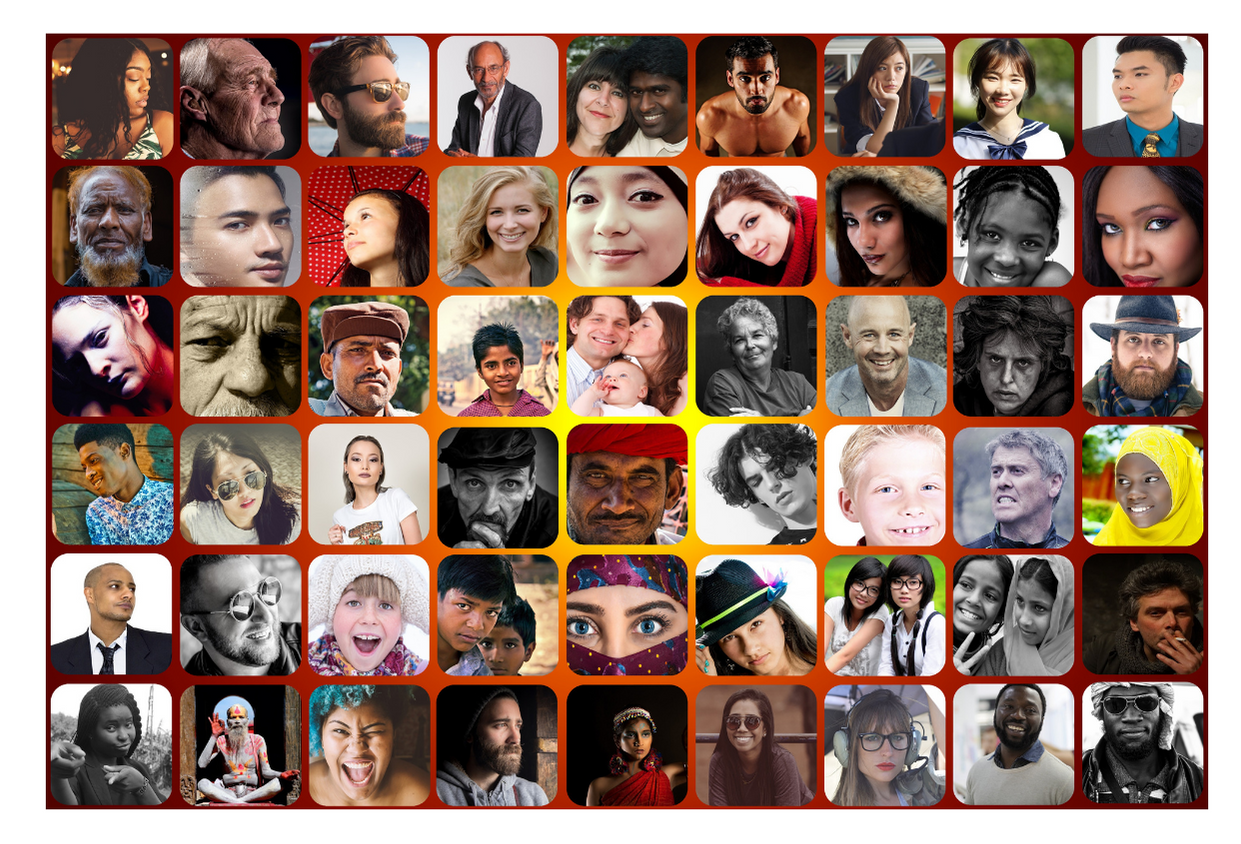Home > Mental Health Equity Resources

Mental illness does not discriminate based on race, ethnicity, gender, or identity, with approximately 53 million Americans reporting any mental illness in a year (NSDUH, 2020). Despite the prevalence, less than half of individuals report receiving mental health services. Minority groups often experience disparities in mental health equity and often face unique challenges and barriers in accessing mental health care. There are multiple strategies that can be implemented to achieve mental health equity such as increasing crisis and community-based services, developing mental health awareness and anti-stigma campaigns, and increasing access to culturally appropriate services.